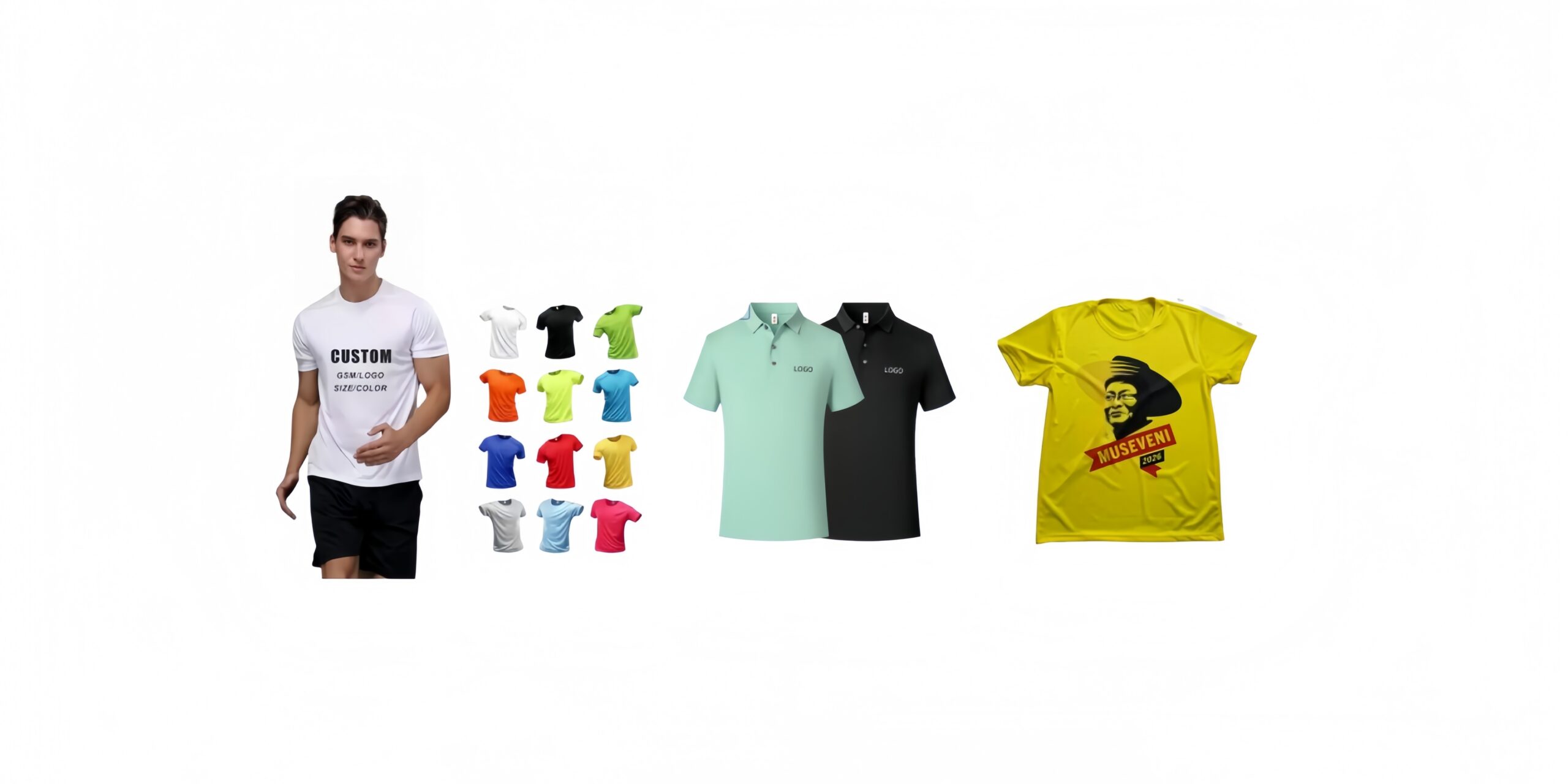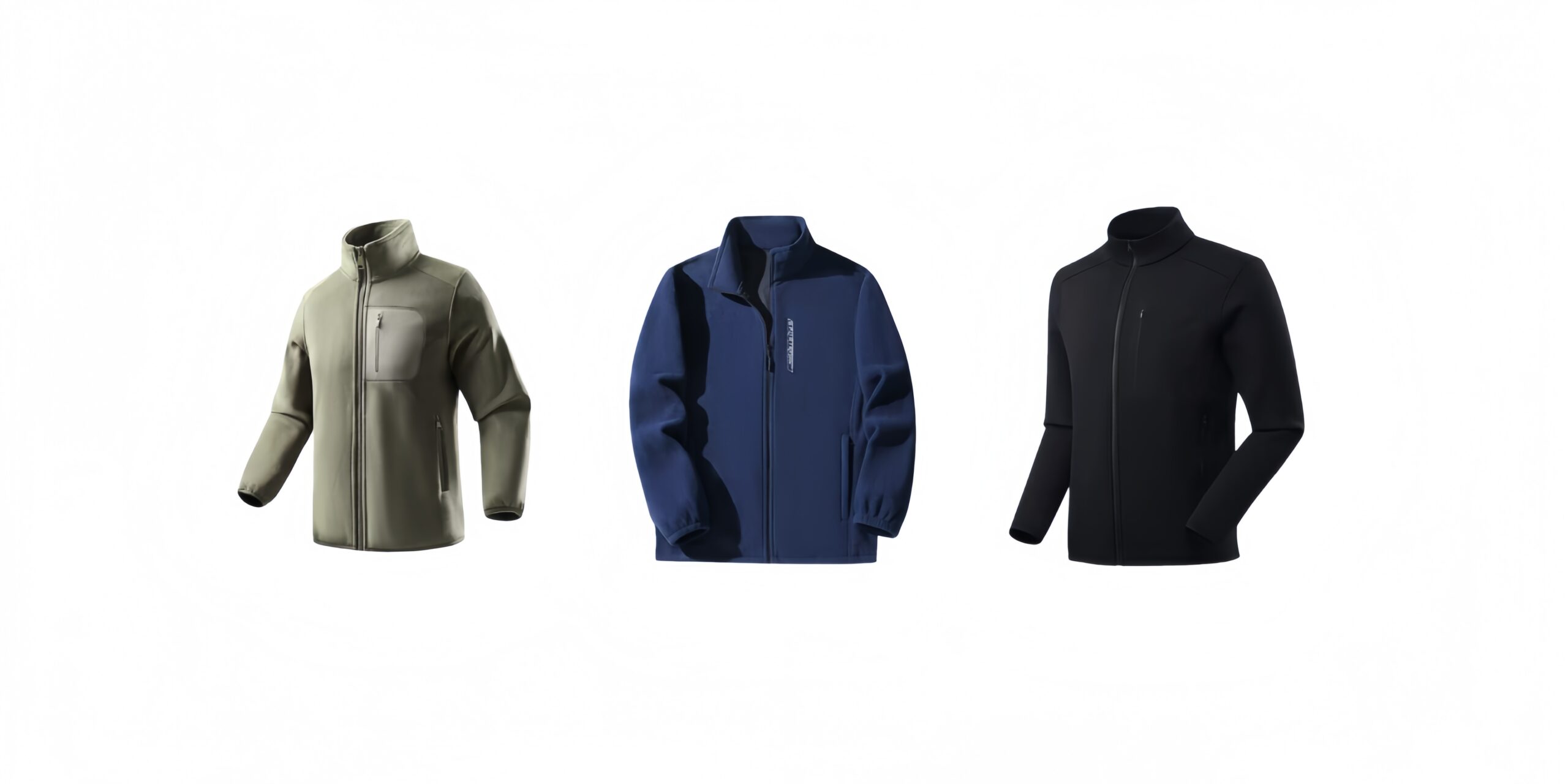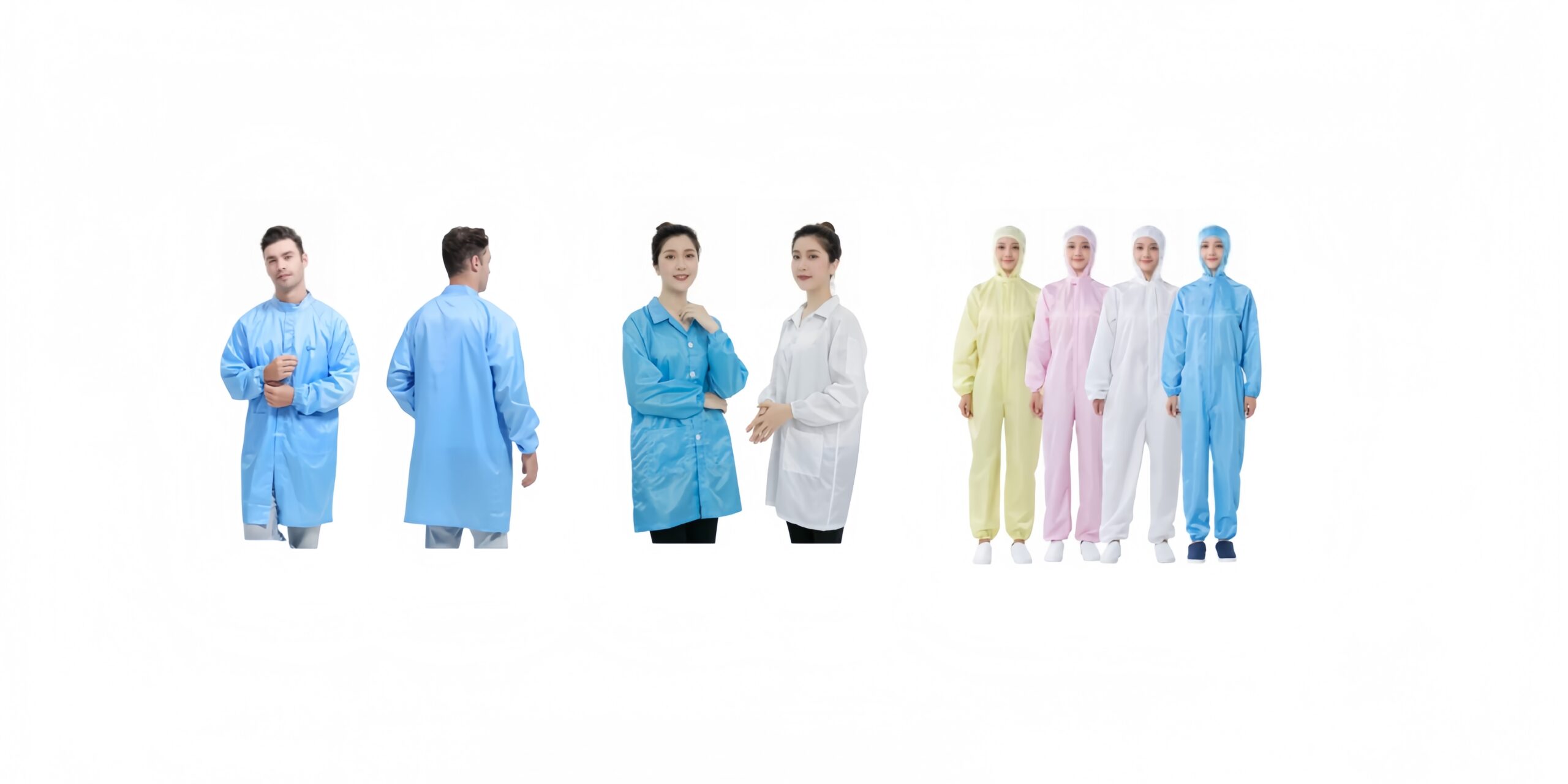Choosing the right garden bench is more than just a design choice—it’s about picking a material that suits your outdoor space, climate, and lifestyle. While wood, metal, and resin are the most common, fiberglass benches are also becoming a modern favorite thanks to their durability and versatility.
Let’s compare wood, metal, resin, and fiberglass garden benches so you can find the perfect match for your garden.
Wooden Garden Bench
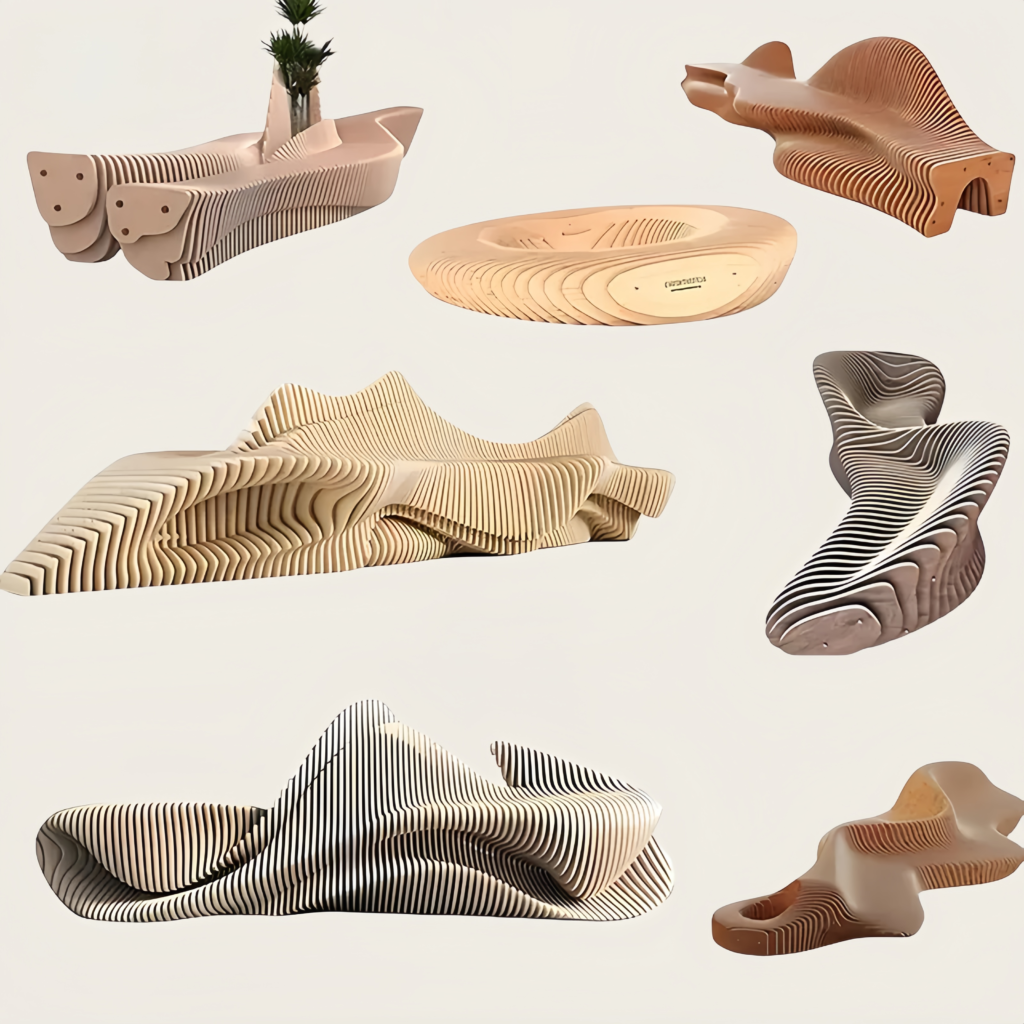
Best for: Natural, rustic, and traditional gardens
Advantages:
– Timeless aesthetic that blends seamlessly with nature
– Comfortable in all seasons (doesn’t heat up like metal)
– Premium hardwoods such as teak or cedar last for decades
Disadvantages:
– Requires regular care (sealing, oiling, or staining)
– Susceptible to moisture, mold, and insects if untreated
Pro Tip: Choose teak or acacia for maximum durability, especially in humid or rainy climates.
Metal Garden Bench
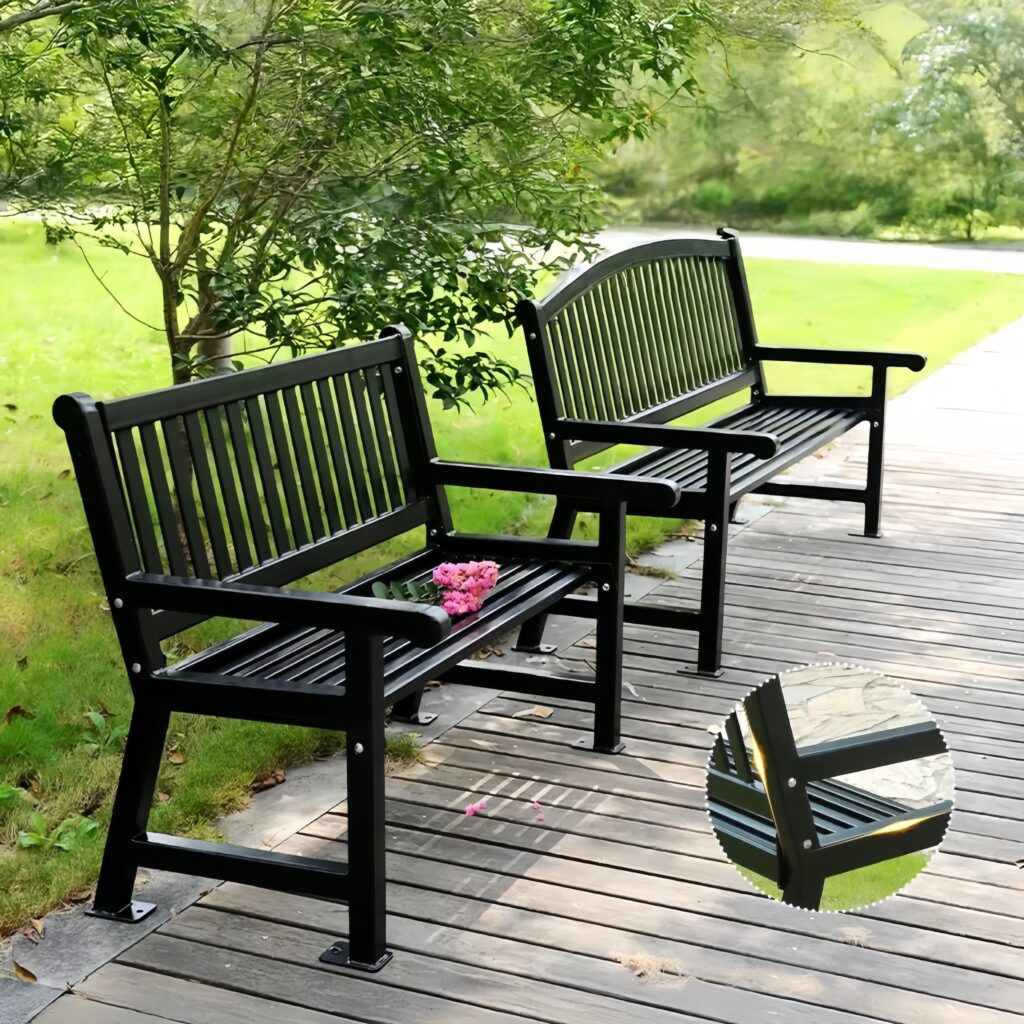
Best for: Modern, stylish, and sturdy outdoor spaces
Advantages:
– Extremely durable and strong
– Wide range of styles, from minimalist aluminum to ornate cast iron
– Powder-coated or galvanized options resist rust
Disadvantages:
– Can overheat in direct sunlight
– Heavy and difficult to move, especially cast iron models
– Rust risk if not maintained
Pro Tip: Opt for aluminum for lightweight convenience or cast iron for a vintage statement piece.
Resin (Plastic) Garden Bench
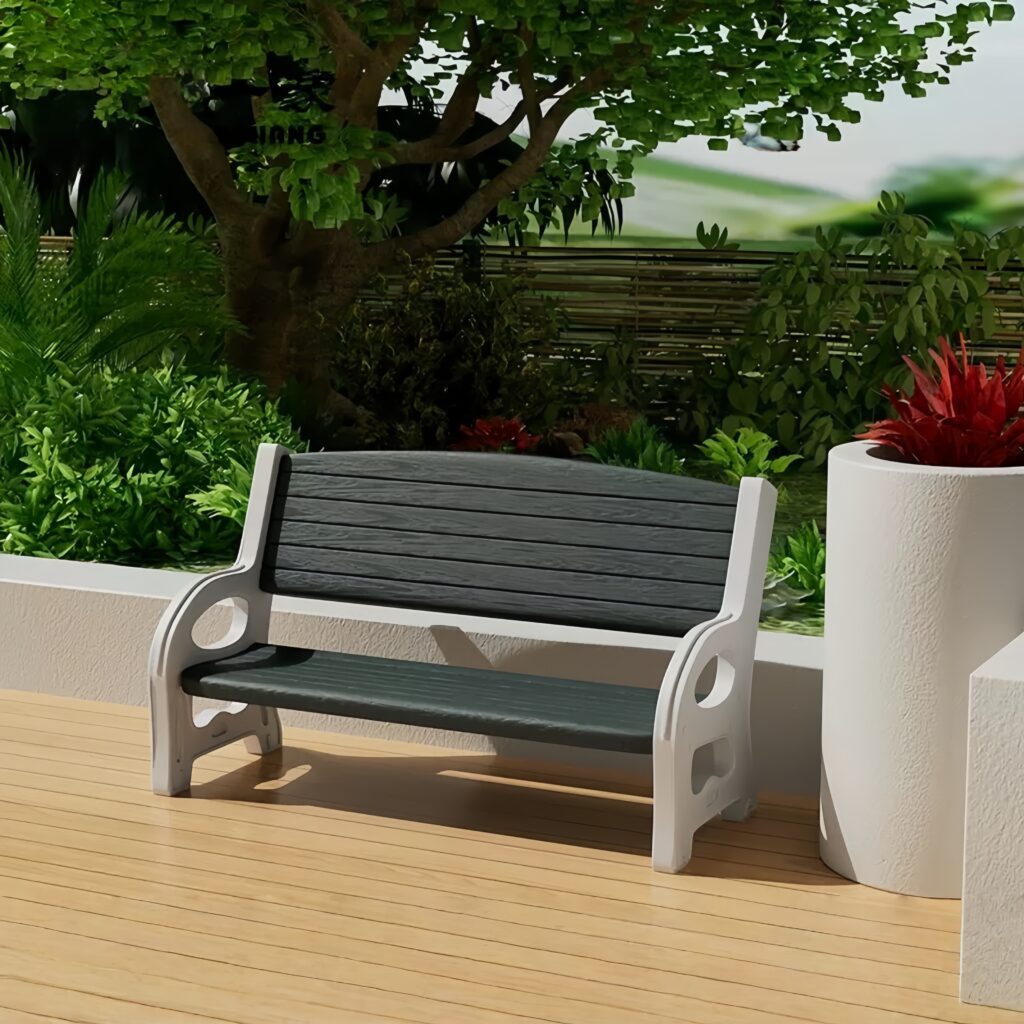
Best for: Affordable, lightweight, and low-maintenance seating
Advantages:
– Budget-friendly and weather-resistant
– Easy to move around the garden
– Requires almost no maintenance
– Can mimic wood or wicker finishes
Disadvantages:
– Less durable than wood or metal
– Can fade or become brittle under strong sun
– Doesn’t offer the premium feel of natural materials
Pro Tip: UV-protected resin is a must for hot or sunny regions.
Fiberglass Garden Bench
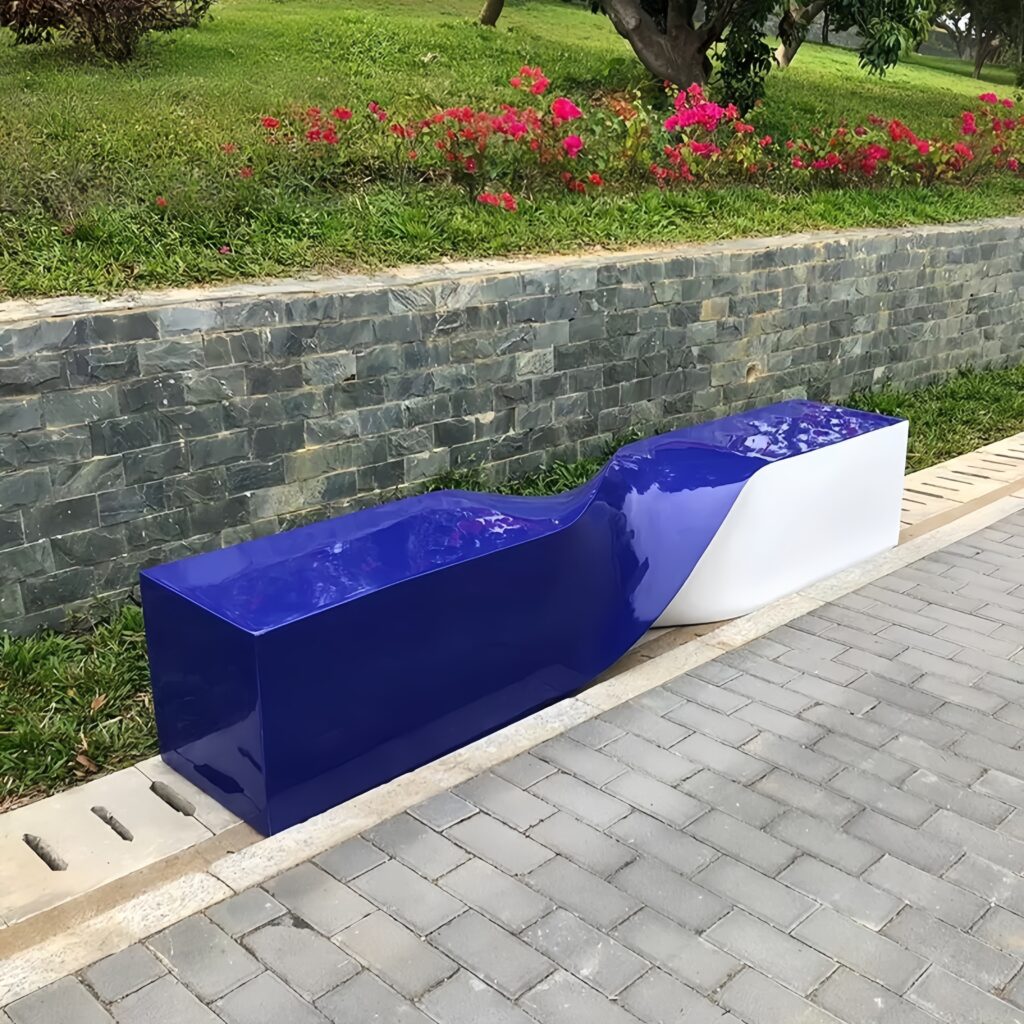
Best for: Contemporary gardens and versatile outdoor settings
Advantages:
– Strong yet lightweight—easy to move without sacrificing durability
– Resistant to moisture, pests, and corrosion
– Can be molded into modern, stylish shapes
– Low-maintenance, requiring just a wipe-down for cleaning
Disadvantages:
– Typically more expensive than resin or basic wood options
– May not offer the “natural” look some homeowners prefer
Pro Tip: Pick fiberglass benches with UV protection to prevent fading and ensure long-lasting color vibrancy.
Garden Bench Material Comparison Table
| Material | Pros ✅ | Cons ❌ | Best For � | Maintenance � |
| Wood | Natural look, timeless charm, comfortable, premium hardwoods last decades | Needs regular oiling/sealing, vulnerable to moisture & pests | Traditional/rustic gardens | High – seasonal care required |
| Metal | Strong, durable, stylish, rust-resistant when coated | Can heat up in sun, heavy, may rust if untreated | Modern or vintage-style gardens | Medium – check for rust, occasional repaint |
| Resin | Affordable, lightweight, weather-resistant, low-maintenance | Less durable, may fade/crack under sun, less “premium” feel | Budget-friendly, small spaces | Very Low – simple cleaning |
| Fiberglass | Strong but lightweight, moisture & pest resistant, sleek modern designs, low upkeep | Higher cost, less natural look | Contemporary gardens, versatile use | Low – occasional cleaning only |
FAQ – Garden Bench Materials
- Q1: Which garden bench material lasts the longest?
A: Teak wood and cast iron are known for longevity if properly maintained. Fiberglass is also highly durable and requires less upkeep.
- Q2: Is fiberglass better than resin for outdoor benches?
A: Yes, fiberglass is stronger, more durable, and less likely to fade or crack than resin. However, it usually comes at a higher price point.
- Q3: What is the easiest material to maintain?
A: Resin and fiberglass benches are the easiest to maintain—simply wipe them down with water and mild soap.
- Q4: Do wooden benches require much care?
A: Yes, wooden benches need periodic oiling or sealing to protect against moisture, pests, and UV rays.
- Q5: Which bench material is most budget-friendly?
A: Resin (plastic) benches are the most affordable, while still offering weather resistance and lightweight convenience.
Final Thoughts
When comparing wood, metal, resin, and fiberglass garden benches, there’s no single “best” option—it depends on your style, climate, and budget. Wooden benches bring timeless elegance, metal adds durability and flair, resin provides affordability and convenience, while fiberglass offers a sleek modern solution with long-lasting performance.
No matter your choice, the right garden bench will create a welcoming outdoor space for years of comfort and beauty.

